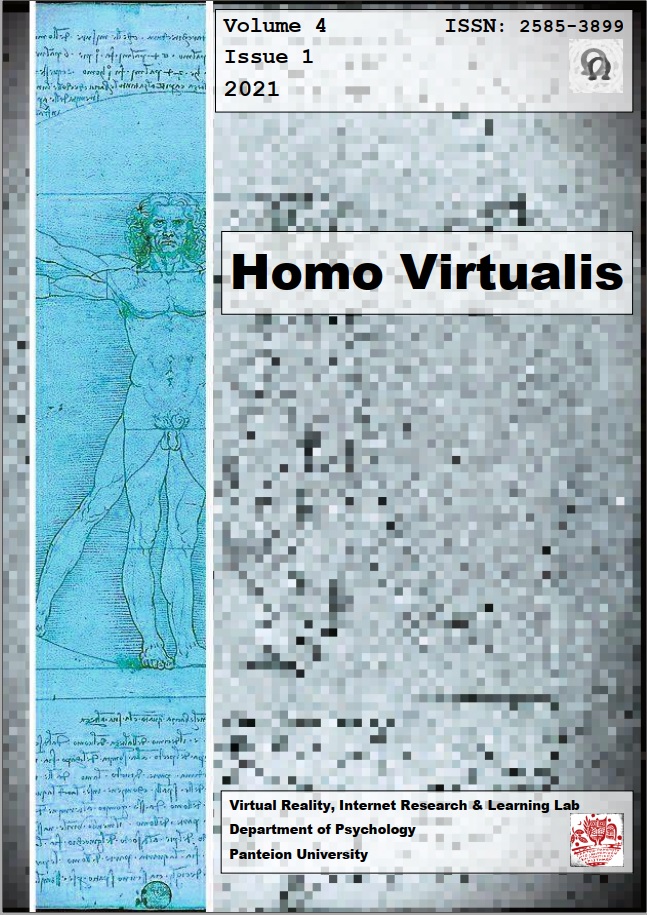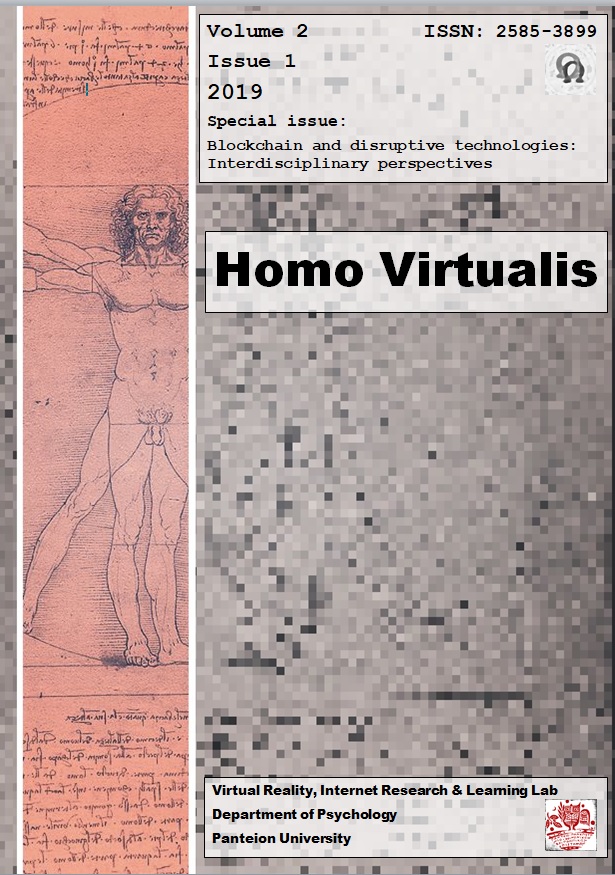Media literacy in video production: An experiment with university students
Аннотация
This article describes an experimental academic e-course during the Covid-19 pandemic, in which 178 undergraduate students were asked to become video creators and narrators through a specific methodology in order to become digitally literate and produce original content.
This practical e-workshop took place in the context of the “Video, Image and Audio Editing” course of the Department of Communication, Media and Culture at Panteion University and was adapted to the needs of a distance learning course. Its main aim was the students’ familiarization with literacy in digital tools and techniques that until now was only achieved in an actual laboratory setting.
The research is divided into two phases. The first phase concerns this article and analyzes the methodology of video production as well as the students’ acquisition of digital tools. In the second phase, specific factors will be studied, from the videos produced, through qualitative research so as to determine the audience’s interaction with the narrative content, as well as with the factors that students believe contributed to the interaction of that content.
Students gained knowledge of digital video tools which was upgraded to the capabilities and needs of each student. They acquired video editing skills based on the content through a specific theme and a theme of each group student’s choice. Students increased their literacy skills in both digital media and video projection on social media and gained knowledge concerning the interaction that was encouraged through these mediums. In this laboratory course, a specific methodology was used that included pre-production, production and post-production. The final product included two videos, the first with a specific theme and the second with a theme of each group student’s choice.
Article Details
- Как цитировать
-
Kaperonis, S. (2021). Media literacy in video production: An experiment with university students. Homo Virtualis, 4(1), 17–25. https://doi.org/10.12681/homvir.27345
- Выпуск
- Том 4 № 1 (2021)
- Раздел
- Articles

Это произведение доступно по лицензии Creative Commons «Attribution» («Атрибуция») 4.0 Всемирная.
Authors who publish with this journal agree to the following terms:
· Authors retain copyright and grant the journal right of first publication with the work simultaneously licensed under a Creative Commons Attribution License that allows others to share the work with an acknowledgement of the work's authorship and initial publication in this journal.
· Authors are able to enter into separate, additional contractual arrangements for the non-exclusive distribution of the journal's published version of the work (e.g. post it to an institutional repository or publish it in a book), with an acknowledgement of its initial publication in this journal.
· Authors are permitted and encouraged to post their work online (preferably in institutional repositories or on their website) prior to and during the submission process, as it can lead to productive exchanges, as well as earlier and greater citation of published work.




